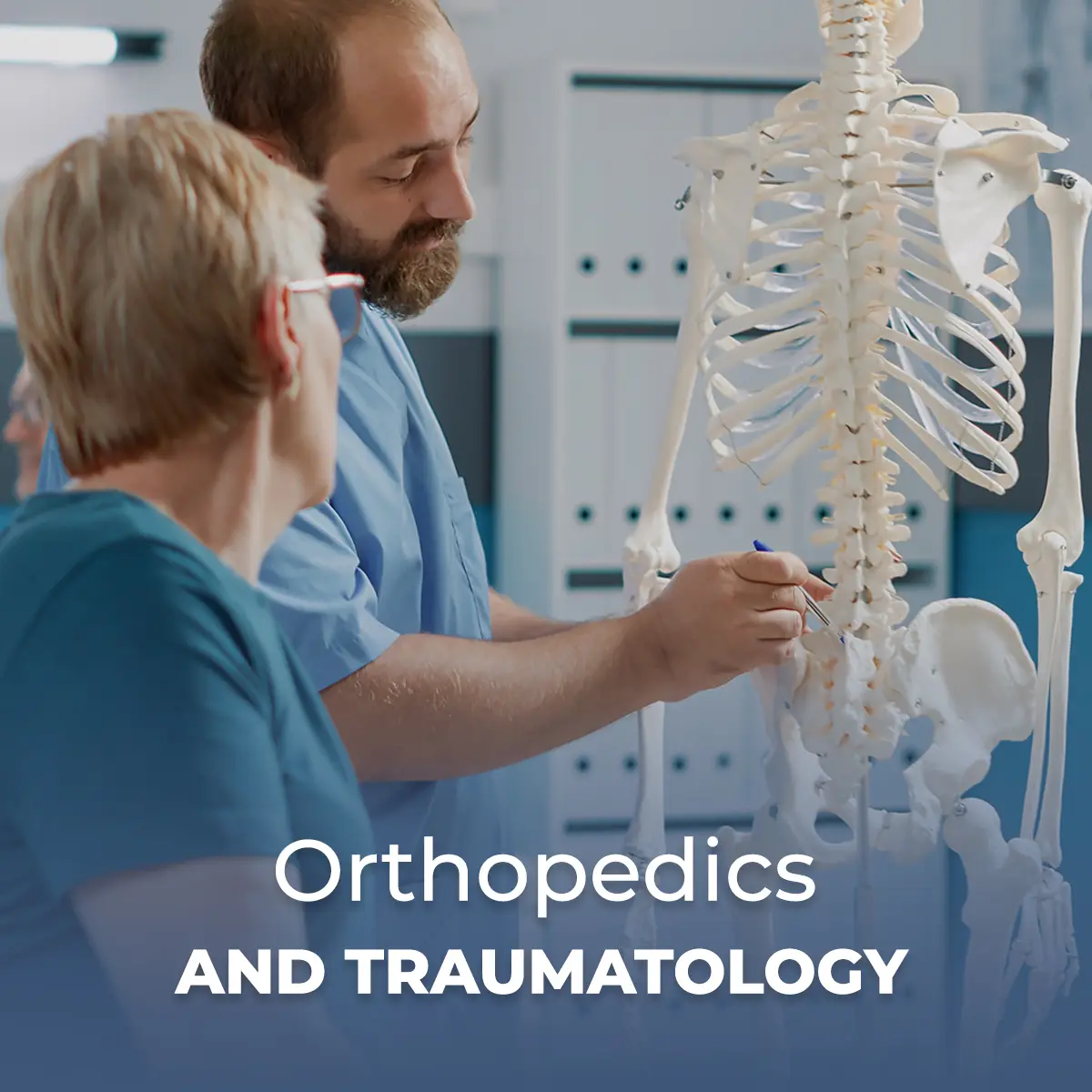Pediatric Cancer
Pediatric cancer is cancer that affects children and adolescents between the ages of infancy and late adolescence. Although pediatric cancer is uncommon, it can be very difficult for families and young patients.
In some circumstances, surgery may be done to remove the cancer-affected area of the body. Radiation therapy uses high-energy radiation is used to shrink or destroy cancer cells. It can be used as a main therapy or as a follow-up after surgery. Chemotherapy is the primary treatment for pediatric cancer and involves the use of medicines to destroy cancer cells. It can be administered orally or intravenously, and it can be combined with other therapies. Stem cell transplantation, this surgery replaces damaged or destroyed stem cells with healthy ones and is sometimes done after high-dose chemotherapy or radiation therapy. Targeted therapy is used as well, it focuses on specific genes or proteins in cancer cells that are responsible for their development and survival.
During the therapy process, it is also critical for families to find support, both for the kid and themselves.
Benefits list:
- Significant savings over local treatments
- Significant savings over treatments in your local region
- The entire package includes travel planning as well as post-treatment support
- Treatment waiting lists are diminished
- Up-to-date therapies and technology
- Minimal inconvenience and a speedy recovery
- High success rate
FREQUENTLY ASKED QUESTIONS
Pediatric cancer refers to cancer in children and adolescents, defined as individuals under the age of 18. Pediatric cancers are a diverse group of diseases, including leukemias, brain tumors, lymphomas, and sarcomas. The causes of pediatric cancer are often unknown, but certain genetic and environmental factors may increase the risk of developing the disease. The symptoms of pediatric cancer can vary depending on the type and location of the cancer but may include fatigue, pain, weight loss, and changes in normal physical activity or behavior. Treatment for pediatric cancer typically involves a combination of surgery, chemotherapy, radiation therapy, and/or immunotherapy, and is guided by the type and stage of cancer. Early detection and prompt treatment are crucial for the best outcome.
Among the cancer therapies provided at our clinic are: surgery Radiation treatment, hormonal therapy, chemotherapy, and immunotherapy are all options.
It is critical to emphasize that the optimal therapy will be chosen by the individual's specific situation, which includes illness stage and grade, overall health, and personal preferences.
We offer many types of post-treatment care to cancer patients, depending on their specific needs and the therapies they have received. Some of the most common types of after-treatment care are as follows:
- Follow-up appointments: Regular check-ins with the treating physician to assess the patient's progress and address any issues or challenges that may arise.
- Pain management refers to techniques and medications that help patients cope with any discomfort or pain produced by their therapy.
- Physical therapy is used to help patients regain strength, mobility, and range of motion that may have been harmed as a result of their treatment.
- Occupational therapy is assisting patients in developing new skills or adjusting to physical limitations caused by their treatment.
“Experience the world-class medical services and travel adventures with us.”


